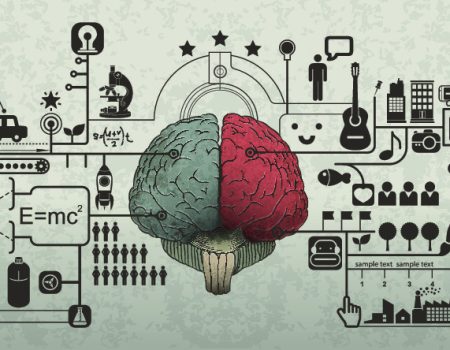Goodlike Education Consultancy
- Putalisadak , Kathmandu Nepal
- 015348110
- info@goodlikeedu.com
Study Psychology
Why Study Psychology
Psychology is the scientific study of the mind and behavior. It explores how people think, feel, and act both individually and within groups. Psychology seeks to understand and explain thought, emotion, and behavior through various approaches and methodologies.
Key areas of Psychology
- Clinical Psychology: This area focuses on diagnosing and treating mental, emotional, and behavioral disorders. Clinical psychologists work with individuals to manage conditions such as depression, anxiety, and PTSD.
- Cognitive Psychology: Cognitive psychologists study mental processes such as perception, memory, problem-solving, and decision-making. They explore how people understand, learn, and remember information.
- Developmental Psychology: This field examines human growth and development throughout the lifespan. It looks at how people change and develop from infancy to old age, including cognitive, emotional, and social development.
- Social Psychology: Social psychologists investigate how individuals are influenced by social interactions and societal factors. Topics include group behavior, social perception, leadership, and prejudice
- Industrial-Organizational Psychology: This area applies psychological principles to the workplace. It focuses on improving productivity, work-life balance, and employee satisfaction through better organizational practices.
- Neuropsychology: Neuropsychologists study the relationship between brain function and behavior. They often work with individuals who have suffered brain injuries or neurological illnesses to assess cognitive and behavioral impacts.

Why is Psychology Important?
Psychology plays a critical role in various aspects of our lives. It is essential for understanding and treating mental health issues, providing tools and therapies that help individuals manage conditions and improve their quality of life. Psychological insights also enhance personal and professional relationships by fostering better communication, empathy, and conflict resolution skills. In education, educational psychologists apply psychological principles to improve teaching methods and learning experiences, enabling students to achieve their full potential. Industrial-organizational psychology contributes to creating better work environments, enhancing employee performance and satisfaction. Additionally, psychological research informs public policies on health, education, crime prevention, and social services, leading to better societal outcomes.
Future Trends of Psychology
- Integration of Technology: Technology is becoming increasingly important in psychology, with the rise of teletherapy, mental health apps, and virtual reality for therapy.
- Holistic Approaches: There is a growing emphasis on holistic and integrative approaches to mental health, combining traditional therapies with mindfulness, nutrition, and physical health.
- Neuroscience Advances: Advances in neuroscience are providing deeper insights into brain-behavior relationships, aiding in the development of more effective treatments for mental health disorders.
- Cultural Sensitivity: There is an increasing focus on cultural competence in psychology, ensuring that psychological practices and therapies are inclusive and effective for diverse populations.
- Positive Psychology: This subfield focuses on strengths, virtues, and factors that contribute to human flourishing. It aims to promote well-being and happiness rather than just treating mental illness.

Get Free Quality Consultation
Your success is our priority, and we’re committed to helping you achieve your goals, no matter your financial situation. Take advantage of our free consultation services and embark on your journey to success today.
